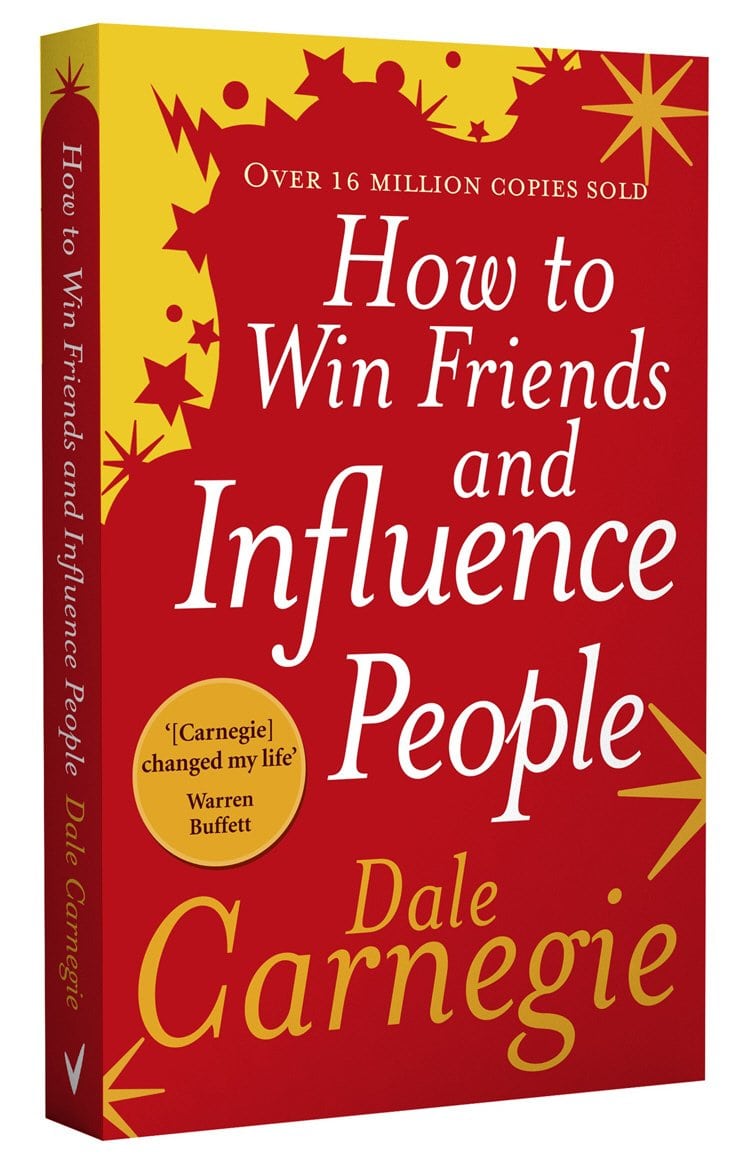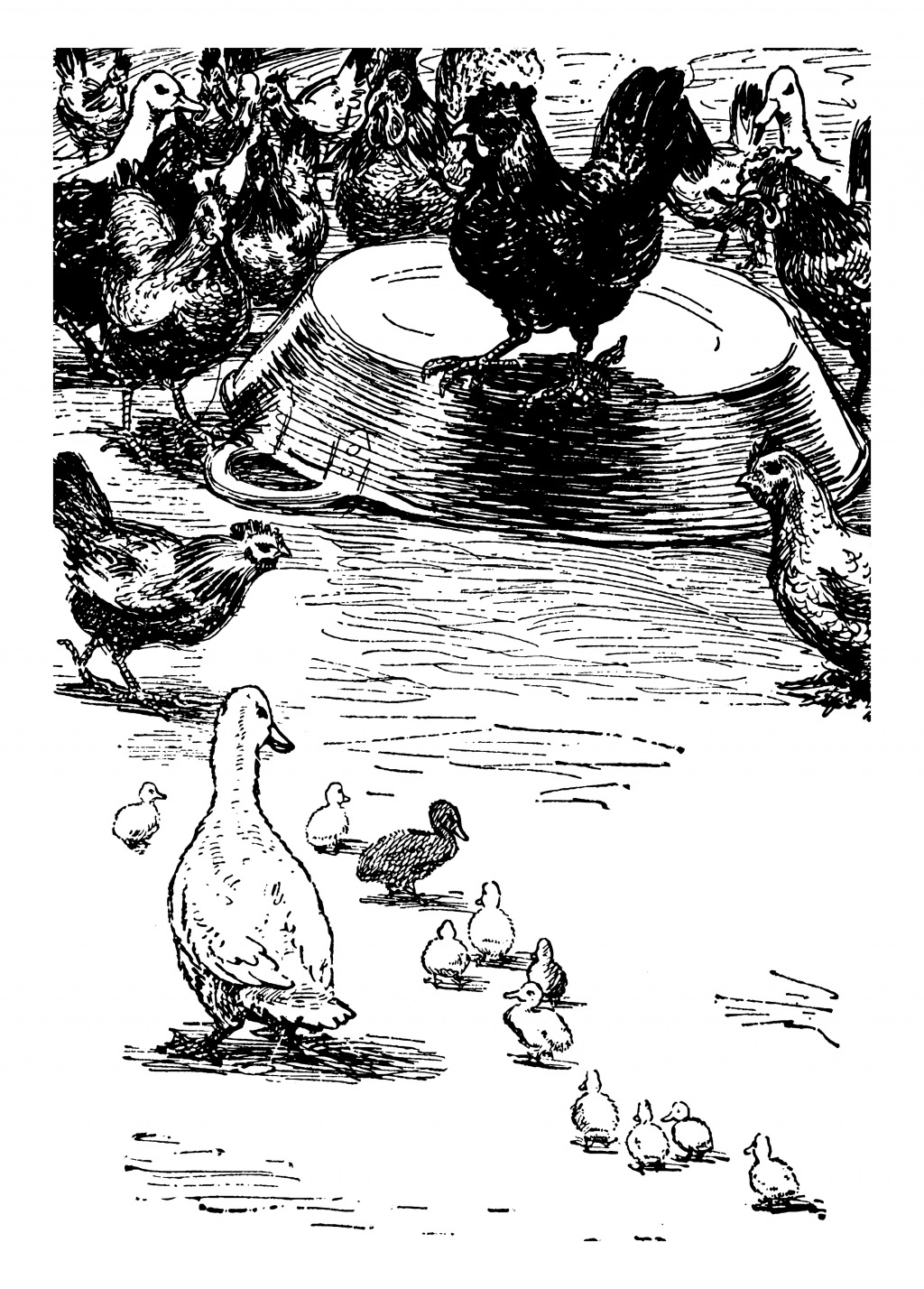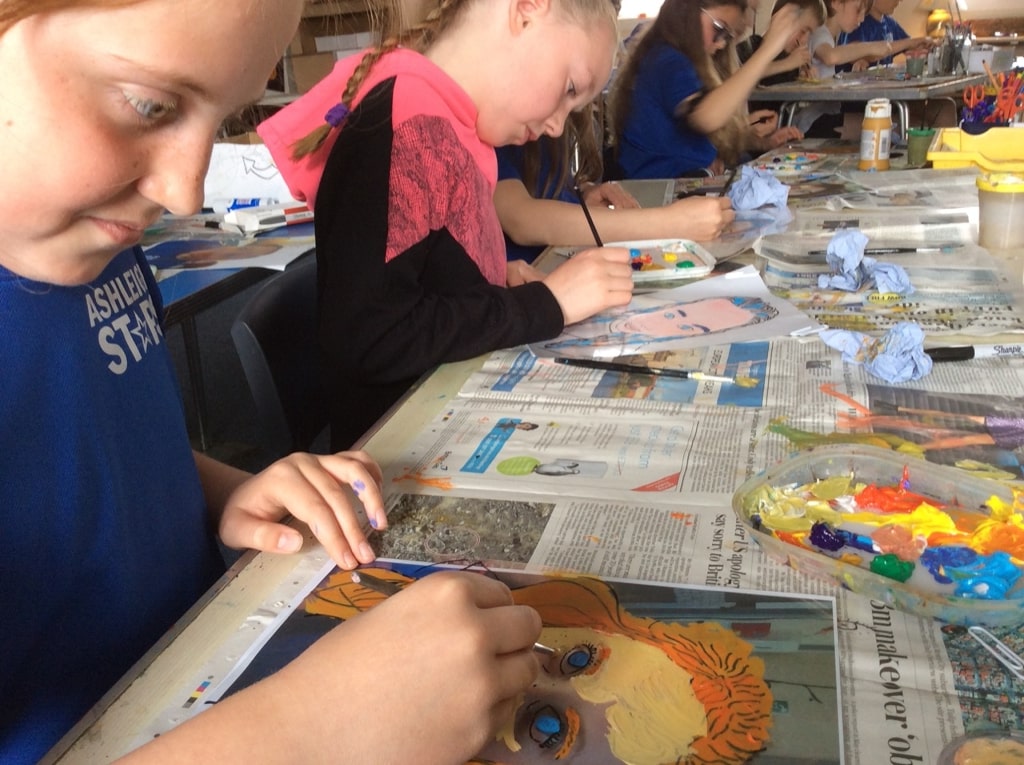In a memorable chapter of Helen Fielding’s novel Bridget Jones’s Diary, Bridget is at a rubbish party and wonders how all the stuck-up guests are so self-confident. She quips in an hilarious line: “probably because they’ve never read a self-help book in their life.”
Jokes aside, ‘self-help’ is not a genre in which I’ve had much experience over the years, and it’s usually not one into which I delve. There is however definitely something about How To Win Friends and Influence People that makes it stand out from the crowd. Perhaps it’s the fact that over 30 million copies have been sold worldwide, making it one of the bestselling books of all time (which few self-help books can boast), or that it’s often cited in lists of ‘Best Books About Leadership’, or (perhaps most notably) that it was one of the first to ambitiously entitle itself, “How To + [blank]”. It’s clear to see the widespread appeal, especially as many successful figures swear by it (including It’s A Wonderful Life-actress Donna Reed).
86 years post-publication, I decided to see what the fuss was about. I was pleasantly surprised. We may have just found an exception to Bridget’s rule. The book is not only extremely easy reading, but also contains some very astute tips. To be clear, Carnegie is not nearly as childish or manipulative as the title seems (‘winning friends’) but rather strives to make his reader a genuinely better person. His overall argument is that we change others’ behaviour by changing our own. We should listen to others, allow them to properly talk, and always endeavour to see their perspective. He also, very interestingly, advises against any form of overt criticism as it wounds the recipient’s pride. Rather, he suggests ‘a little tact and diplomacy’, being ‘hearty with our approbation and lavish in our praise’ on the elements that genuinely deserve it and using that as anaesthetic for suggestions to improve. And most importantly, always using ‘and’, not ‘but’. (For example, saying to your child, “your grades have been brilliant this year, and if you improve on Maths you’ll be cruising!”, rather than ‘your grades have been good but that will all go to pot unless you do something about Maths’).
Such a summary cannot do the book ultimate justice but let it suffice that it is probably worth reading. That’s not to say it is perfect. While the above philosophy works beautifully in some situations, his application of it to others can feel uncomfortable. In one anecdote he tells, the supposed ‘exemplary’ influencer awards his child with a dollar per completed chore, whilst threatening to take away a dollar per uncompleted chore. I had always believed that bargaining and petty threats were a poor and largely ineffective parenting tactic. Carnegie, however, was a parent – and I am not – so maybe he’s right. Who knows?
That said, it is extremely refreshing to hear of an advice book that promotes human connection and deeper understanding of our peers, as opposed to the typical ‘self-empowerment’ manifestos. Carnegie doesn’t advocate being a pushover. He instead argues that confrontation is unnecessary because with these techniques, the other person will already be on your side. A little utopian? Difficult to practise 24/7? Absolutely. Worth reading still and implementing when you can? Definitely.















